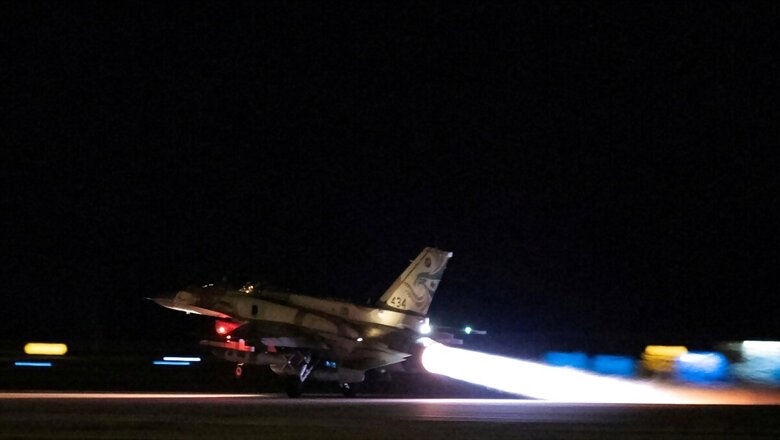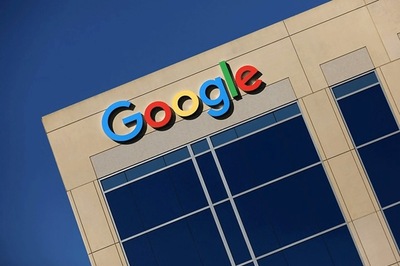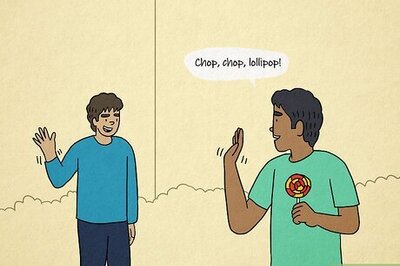
views
The Israeli Defense Forces (IDF) on Saturday announced the killing of the head of a Hamas network in southern Syria, in an overnight airstrike. The Israeli military said Ahmed Muhammad Fahd was responsible for directing attacks on Israeli troops, primarily involving rocket fire on the Golan Heights.
The IDF said that Fahd was eliminated while he was planning to execute another terror attack in the immediate future, The Times Of Israel reported. The airstrike was carried out by fighter jets targeting the southern region of Syria, the newspaper added. This report came as the Israeli military launched new strikes targeting Hezbollah in eastern Lebanon after intense bombing on the group’s stronghold in southern Beirut.
Sayyed Hassan Nasrallah
On Saturday, Israel conducted airstrikes on Beirut’s southern suburbs and other areas of Lebanon, following a significant assault on Hezbollah’s headquarters that appeared aimed at killing its leader, Sayyed Hassan Nasrallah. The fate of Nasrallah, who has led the Iran-backed group for three decades, remains uncertain, as Hezbollah has not issued any statements regarding his status.
Read More: Is Hezbollah Chief Dead? Israeli Official Says ‘Hard To Believe’ Nasrallah Survived IDF Air Strikes In Beirut
News agency Reuters said over 20 airstrikes were heard before dawn on Saturday, with more occurring after sunrise. Israel’s five hours of continuous strikes on Beirut early on Saturday followed Friday’s attack, by far the most powerful by Israel on the city during the conflict with Hezbollah that has played out in parallel to the Gaza war. The escalation has increased fears the conflict could spiral out of control, potentially drawing in Iran, Hezbollah’s principal backer, as well as Israel’s ally the United States.
Dizzying escalation
Since mid-September, there has been a dizzying escalation in the nearly yearlong conflict between Israel and Lebanon’s Hezbollah. First came two days of exploding pagers and walkie-talkies used by Hezbollah — attacks widely blamed on Israel that killed at least 39 people and maimed thousands more. The Iranian-backed Lebanese outfit promised to retaliate and on Sept. 20 the militant group launched a wave of rockets into northern Israel.
Days later, Israeli strikes on Lebanon killed hundreds of people — the deadliest barrage since the 2006 Israel-Hezbollah war. Both sides had already been exchanging tit-for-tat strikes since October, when Hezbollah began firing on northern Israel in solidarity with its ally Hamas, which is battling Israel in Gaza. Several Hezbollah leaders have been targeted, including the commander of its most elite unit, who was killed in a strike in Beirut.
(With agency inputs)















Comments
0 comment